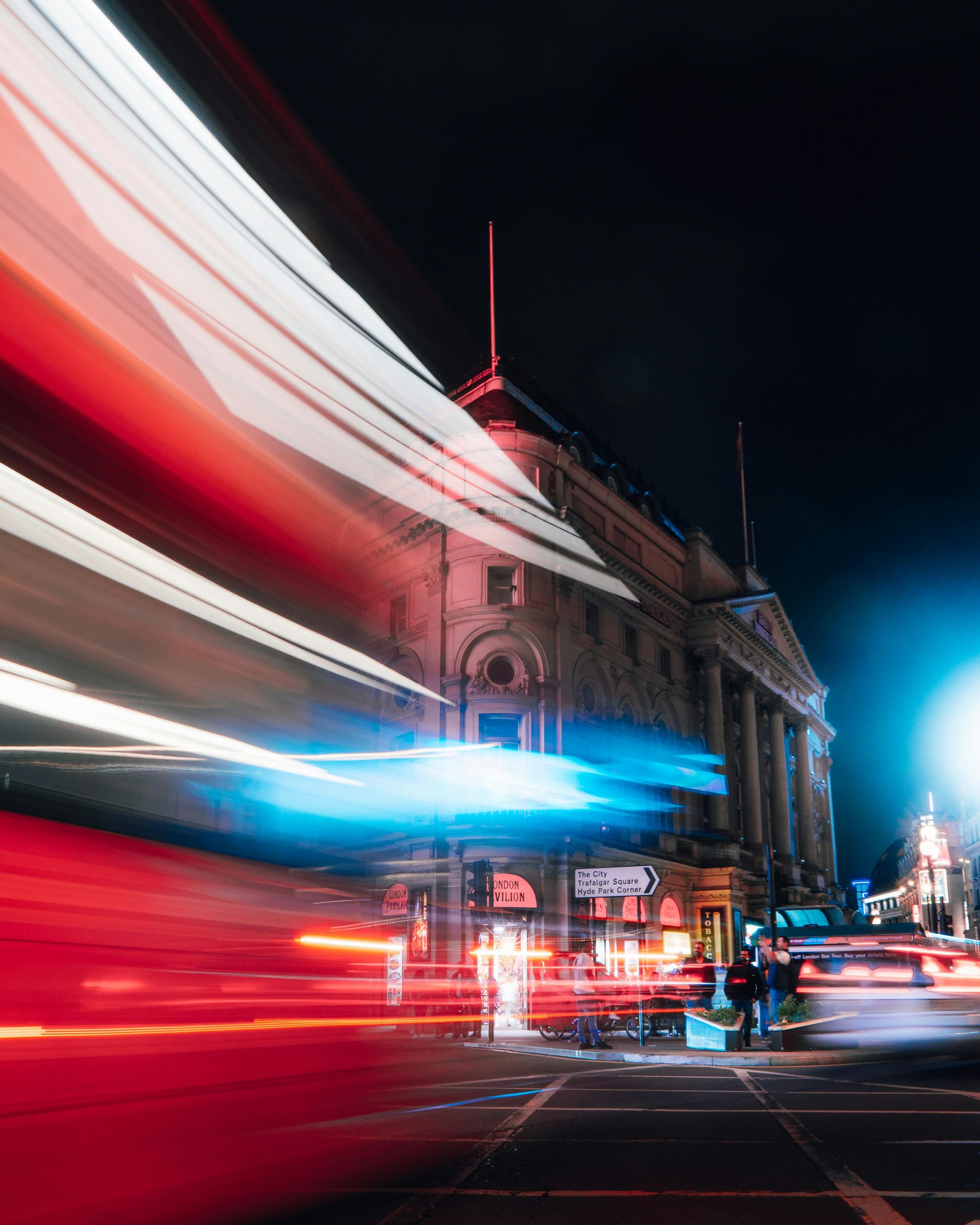Is Central London’s Nightlife Facing an Unprecedented Lull?
On a recent evening, I ventured into Central London with some friends visiting from out of town, planning for dinner in Covent Garden followed by drinks around Soho. My usual weekends rarely include the busy heart of the city, but the occasion seemed ripe for a vibrant metropolitan night out. However, what we encountered was far from the lively scene we expected.
As the clock struck 11 p.m. on a Friday night, a time when one would anticipate the bustling energy of the capital to be at its peak, we found ourselves struggling to locate a single pub or bar open for business. Establishments were shuttering their doors seemingly early, and the streets were surprisingly devoid of the usual throngs of late-night revelers. We couldn’t help but compare it to the small town we grew up in, where finding a lively spot after hours would seemingly have been an easier feat.
Eventually, after much wandering and with little hope, we stumbled upon a bar that remained open past midnight. Located inconspicuously through a back entrance and up six flights of stairs, it was a haven in the quiet cityscape—a rare find amid what seemed like a deserted nightlife.
This unexpected lull in Central London’s typical vibrancy prompts a burning question: what is happening to the nightlife scene in the very heart of our capital? The experience left me questioning whether I’ll venture into Central London for a night out again anytime soon. It seems the excitement of a bustling evening in the city isn’t as guaranteed as it once was.


As a London resident observing the nightlife shift
It’s certainly concerning to see the decline in Central London’s vibrant nightlife scene. From my perspective, several factors might be contributing to this lull:
However, it’s worth noting that some parts of London’s nightlife still thrive, often in niche or themed venues, or in areas less affected by daytime commercial pressures. To reinvigorate the scene, the city might benefit from: